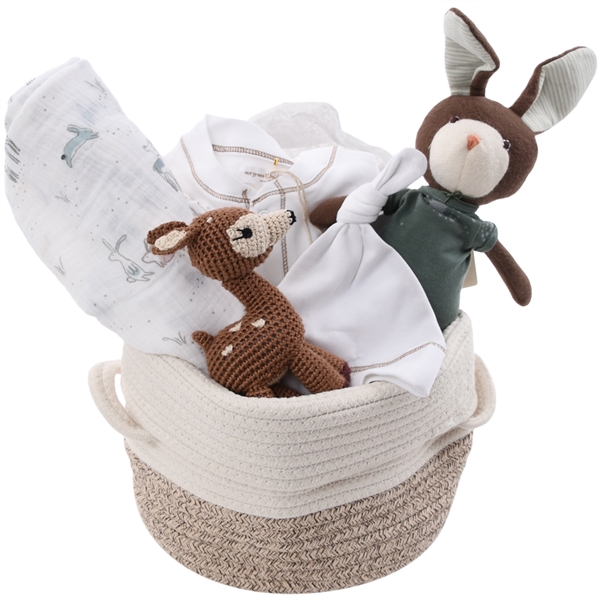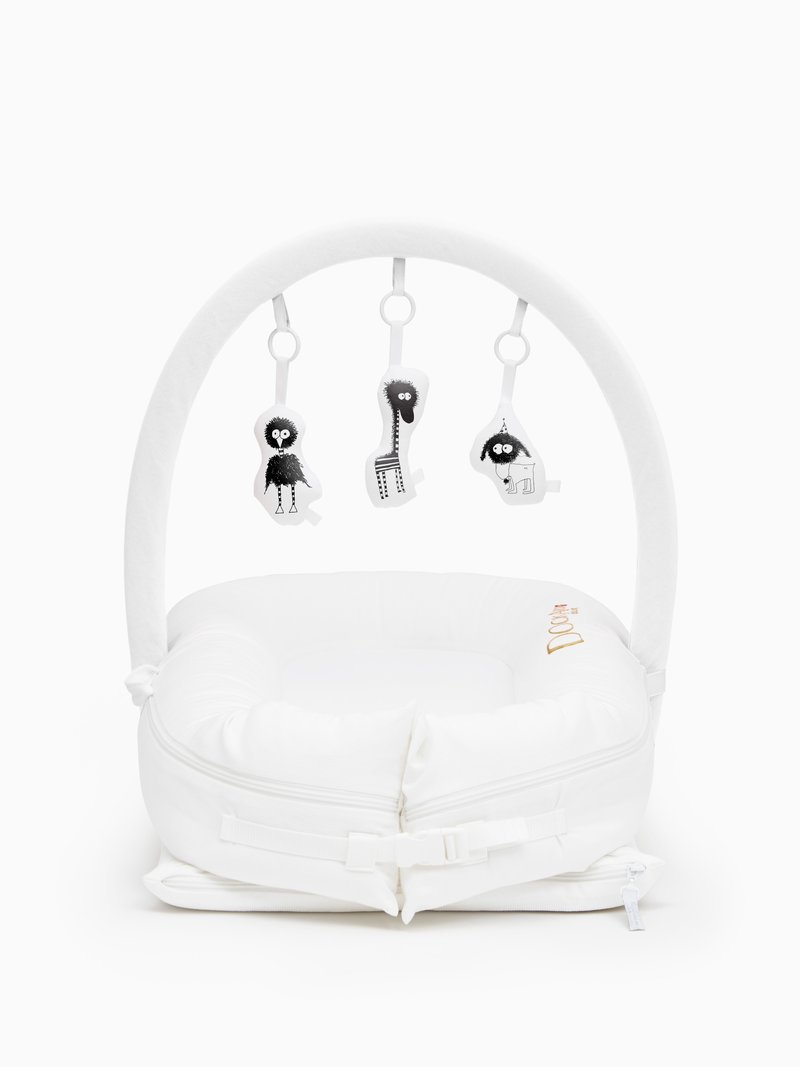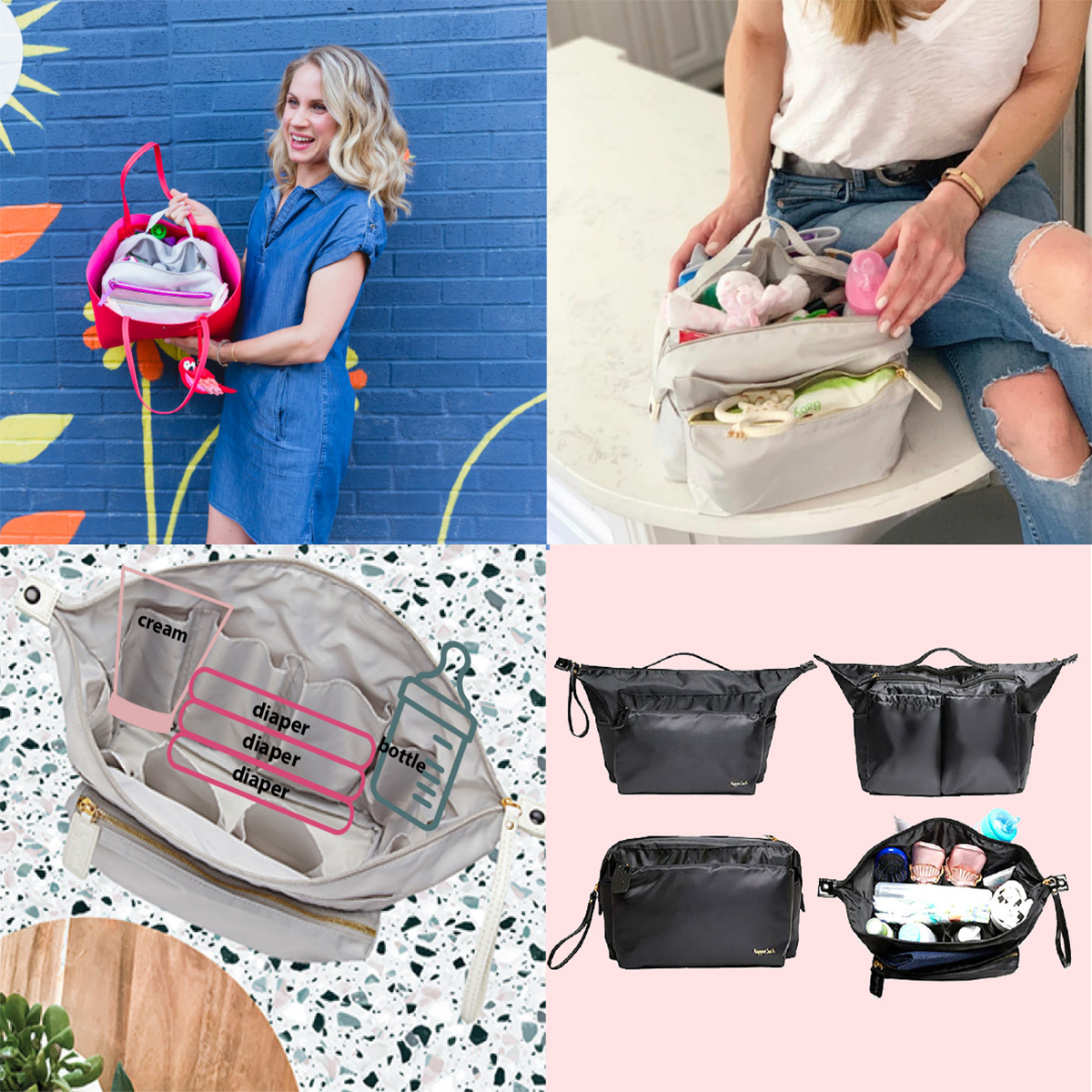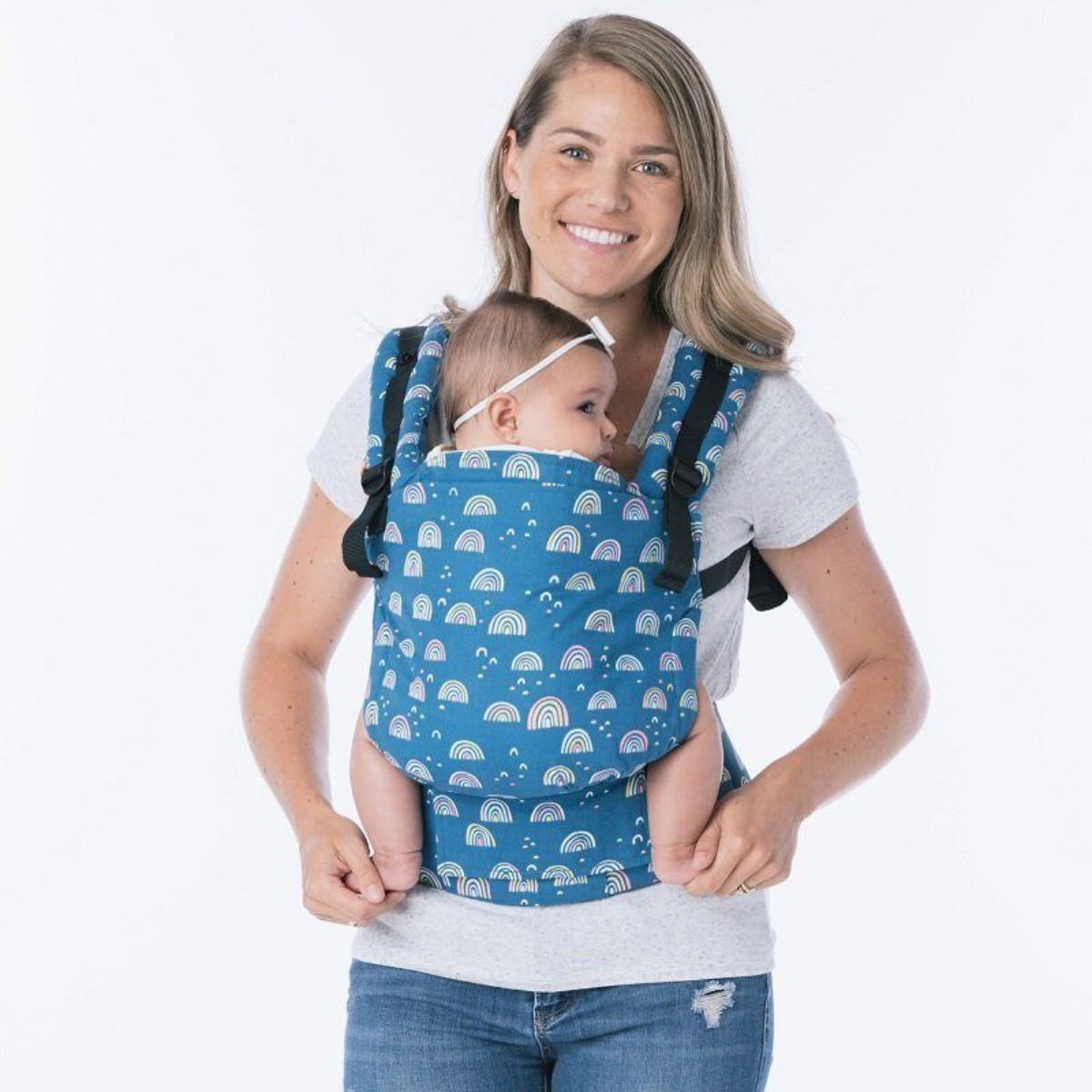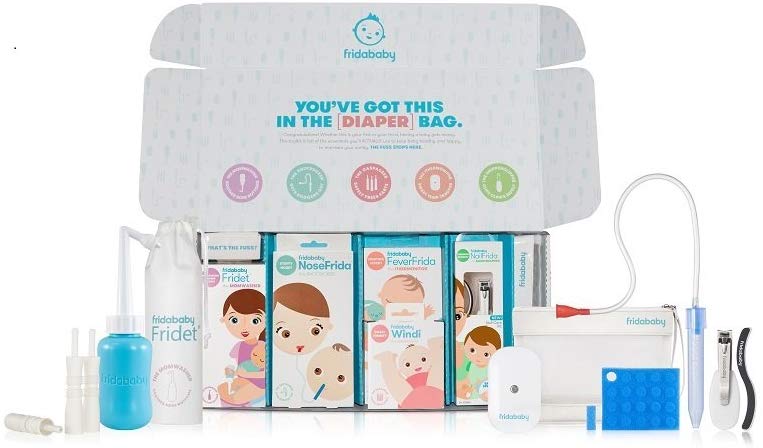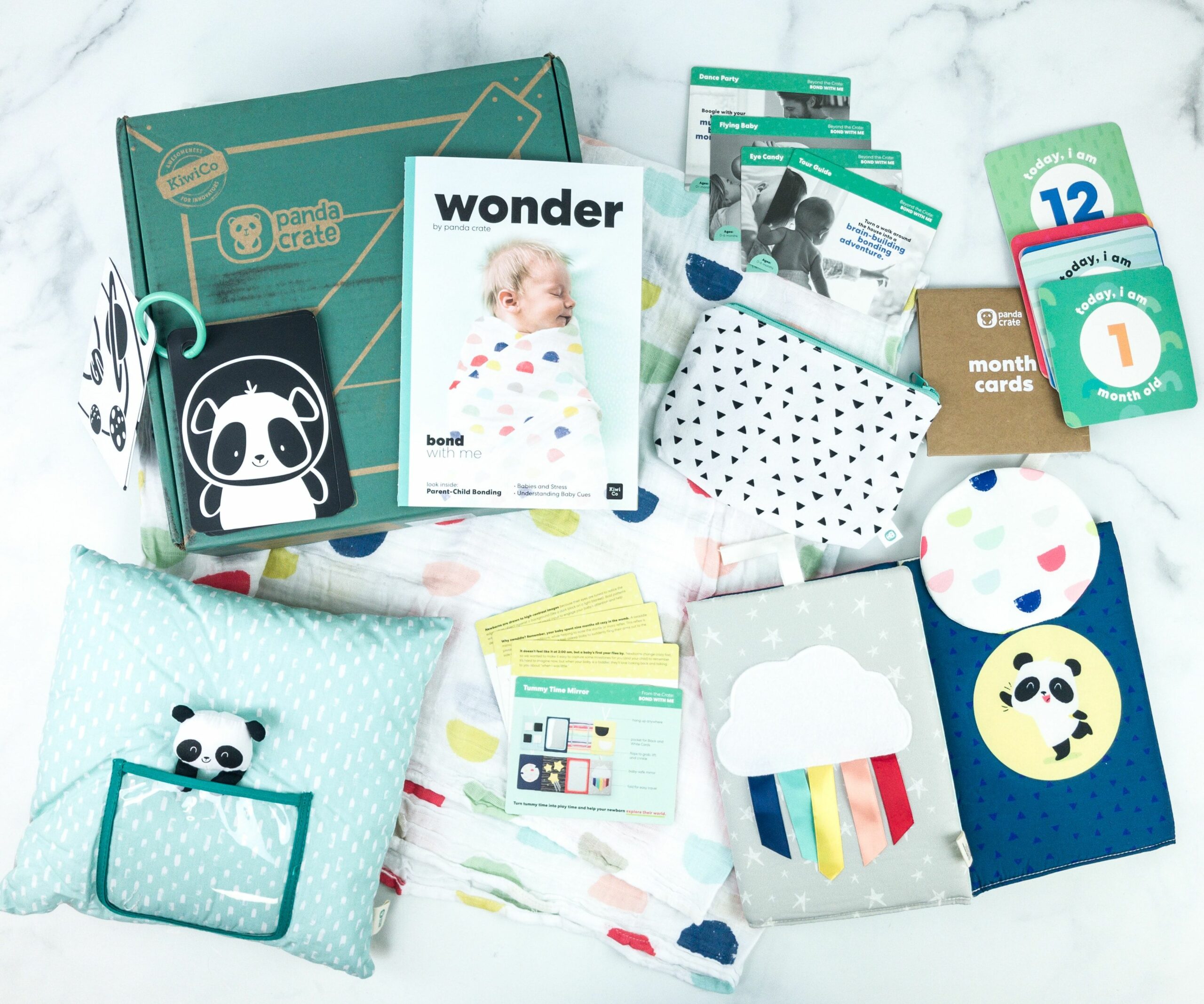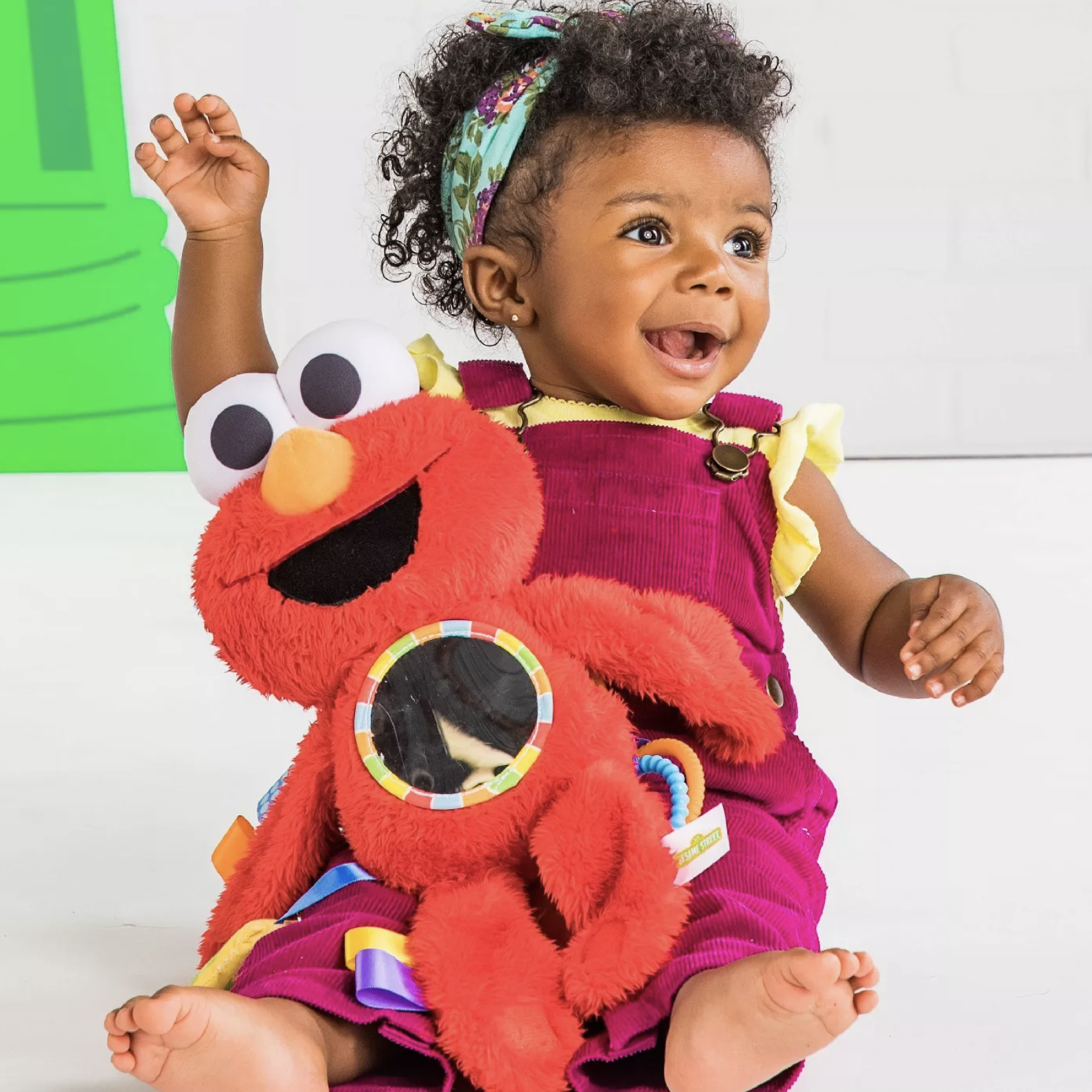Give InKind is honored to Feature Ruth Iorio.
It’s pretty easy to share in the joy of a new baby, but when, like me, the birth of a healthy baby is accompanied by a spell in hospital for mom, the situation becomes a little more complicated. I was lucky enough to have a fairly easy, healthy pregnancy and an unmedicated, natural birth at home. However, after my son was born, his placenta failed to detach and I lost a huge amount of blood, which meant I had to transfer to the local hospital a couple of miles away for surgery, monitoring and a blood transfusion.
My son was not admitted as a patient, but fortunately the hospital kindly allowed him to stay next to me for the whole three days I was there. I was lucky enough to receive incredible postpartum care at a time when I felt the most fragile I’d ever felt in my life, and also when I didn’t want to be separated from my son. I couldn’t even pee without help, never mind lift an eight pound baby to my breasts. This wasn’t a temporary situation – I didn’t feel ‘right’ for probably a good three months after my son’s birth. The physical toll of my injuries also contributed to lingering ‘baby blues’ which meant weeks of bursting into tears at the slightest provocation. No Humboldt Fog? Cue breakdown.
There are a number of issues which can make caring for a healthy newborn even more difficult than it already is. The ideal happy postpartum fun of simply lying in bed, nursing your child, while people bring you bone broth soup, healthy smoothies, and delicious nutritious vittles is never usually that uncomplicated, particularly in the US with its punitive lack of maternal benefits, which means that this precious time is often marred with financial and employment concerns. But add in surgery, stitches, infections, blood loss, hospitalization… basically, take out the mom in this equation, and you’re left with a very angry, very hungry little baby, and very little which will soothe them.
For me, making sure that my child was breastfed was a priority. Because I’d lost so much blood after my son’s birth, there was a high chance my milk would either come in late, or not come in at all, so in a feverish, weakened state I remember begging every lactating female I knew to donate some milk so that my son could at least have the benefits of some breast milk. Because I was so weak and could barely make a cup of tea, the six weeks of meals that my friends and family organized for me were utterly indispensable. I didn’t have the money to spend on delivery and take out – I’d just spent a fortune on medical bills! – so waking up every morning to find some kind soul had signed up and was bringing me a meal was the best gift I could ever have hoped for. I thought I would want privacy post-birth, but the slew of visitors, all of whom were gracious enough not to overstay their welcome, really helped me beat my feelings of depression and isolation which are all too common with difficult births. And of course telling my birth story sixty different times was like free therapy.
One of my biggest concerns, however, was mess. Pregnant women are anal. We nest for nine months solid. New mothers are exactly the same, except we go into a kind of exhausted psychosis where we suddenly decide we must clean the bathroom at 3 am and fix the doorknob which has been broken for two years even though we can barely get out of bed without support, milk is leaking out of our boobs, we haven’t slept for more than ninety minutes in over a week, and our vaginas are held together by sticky tape and surgeon’s thread. Don’t ask me why, and don’t bother telling us not to waste our energy on cleaning. Instead, just clean. Get someone in from Tidy or TaskRabbit and make us feel we’re being listened to and appreciated so we can get on with the job of trying to keep ourselves and a small human alive, please.
There is nothing, nothing worse than having your postpartum craziness ridiculed and belittled. Sure, some women seem to pop out a baby easier than a belch and barely lose their stride as they do so, but for others – particularly those, like me, who had severe complications which meant recovery was painful and slow – the psychological effects can be just as severe as the physical effects, and as a partner, a friend or a family member, you can help by not reacting, keeping a close eye on us, keeping us fed, watered, and the house clean, and keeping us connected to the world outside the hospital room – or the bedroom.
Helpful Products
Give InKind does not provide medical advice, diagnosis, or treatment. We have an affiliate relationship with many of the advertisers on our site, and may receive a commission from any products purchased from links in this article. See Terms & Conditions.
